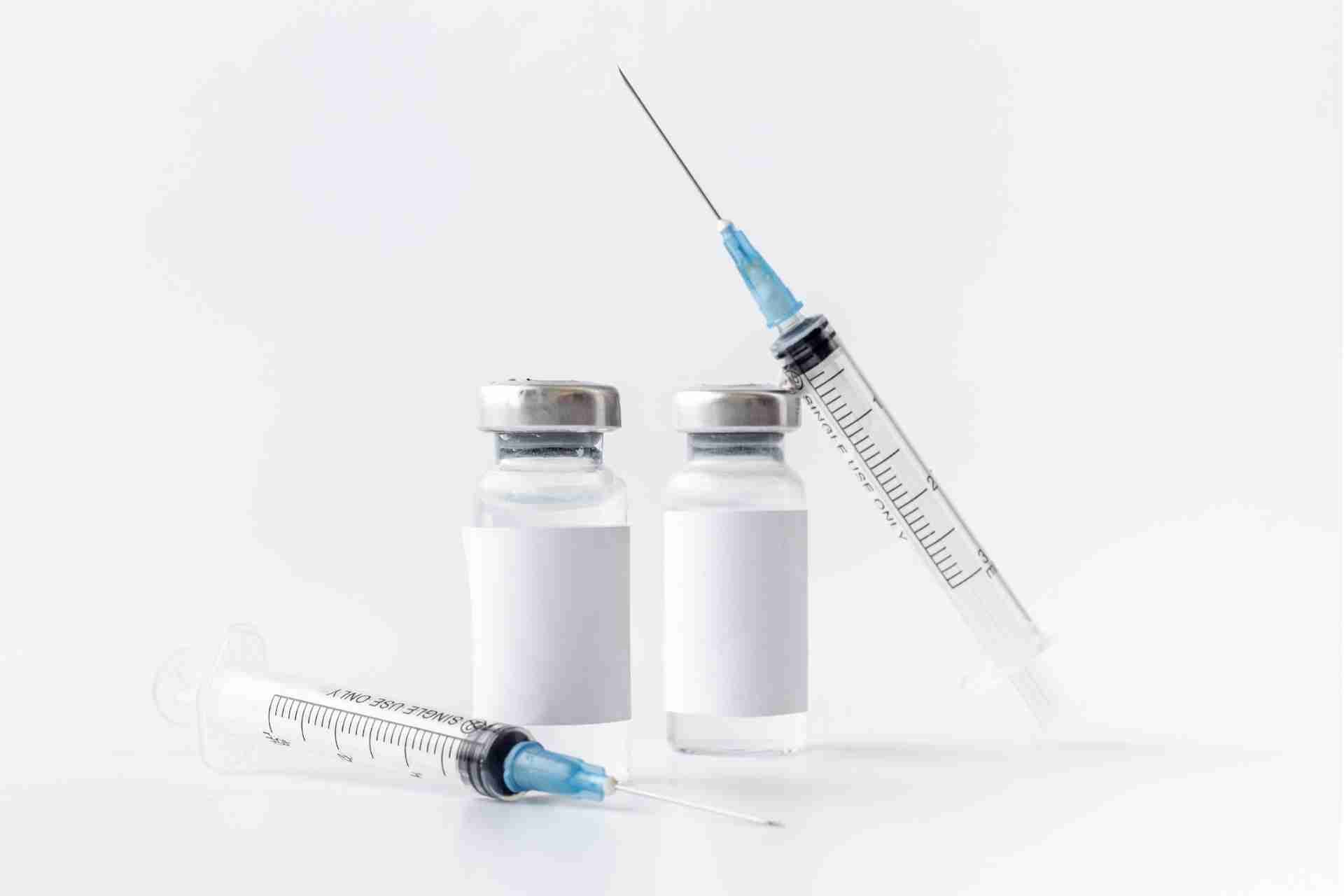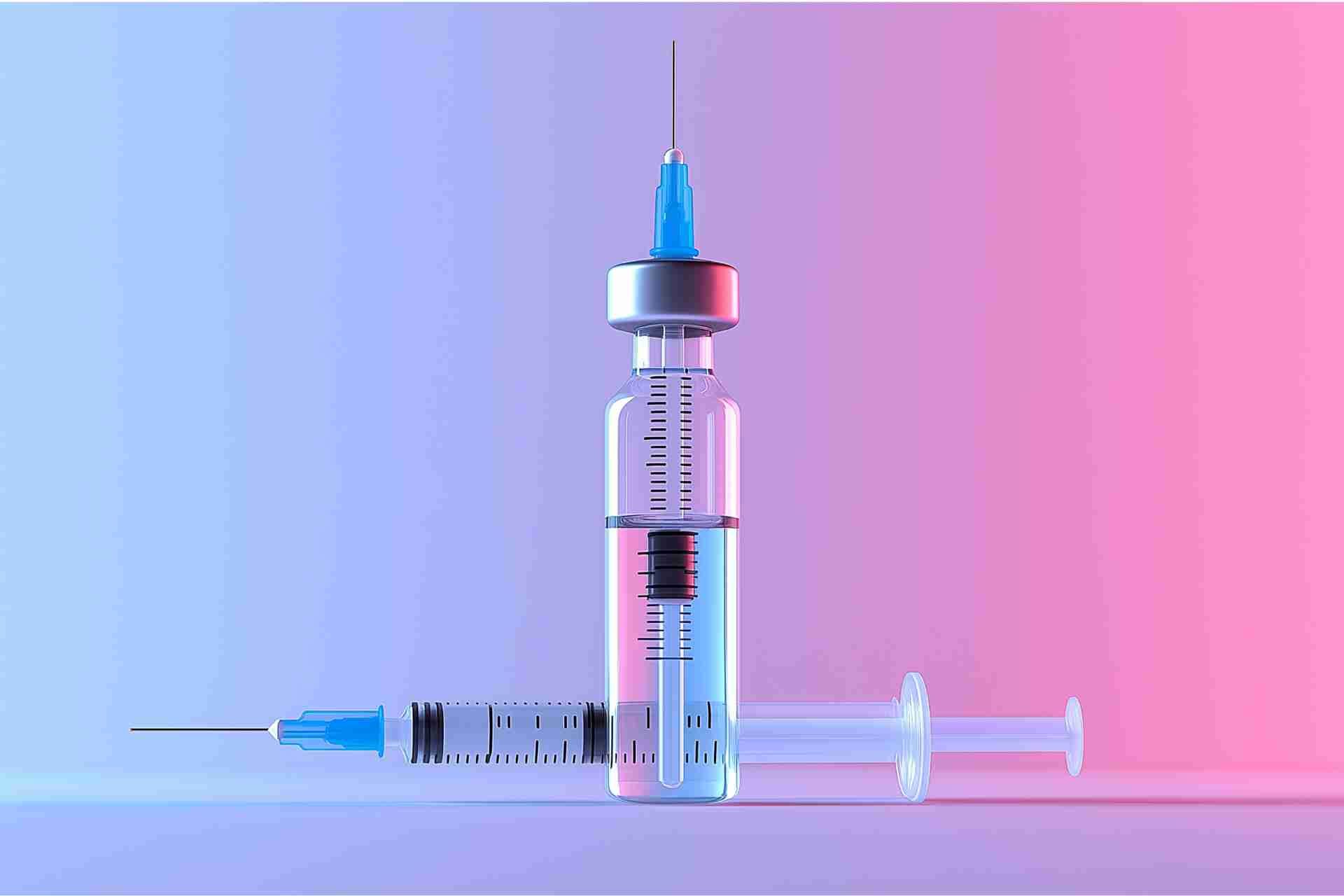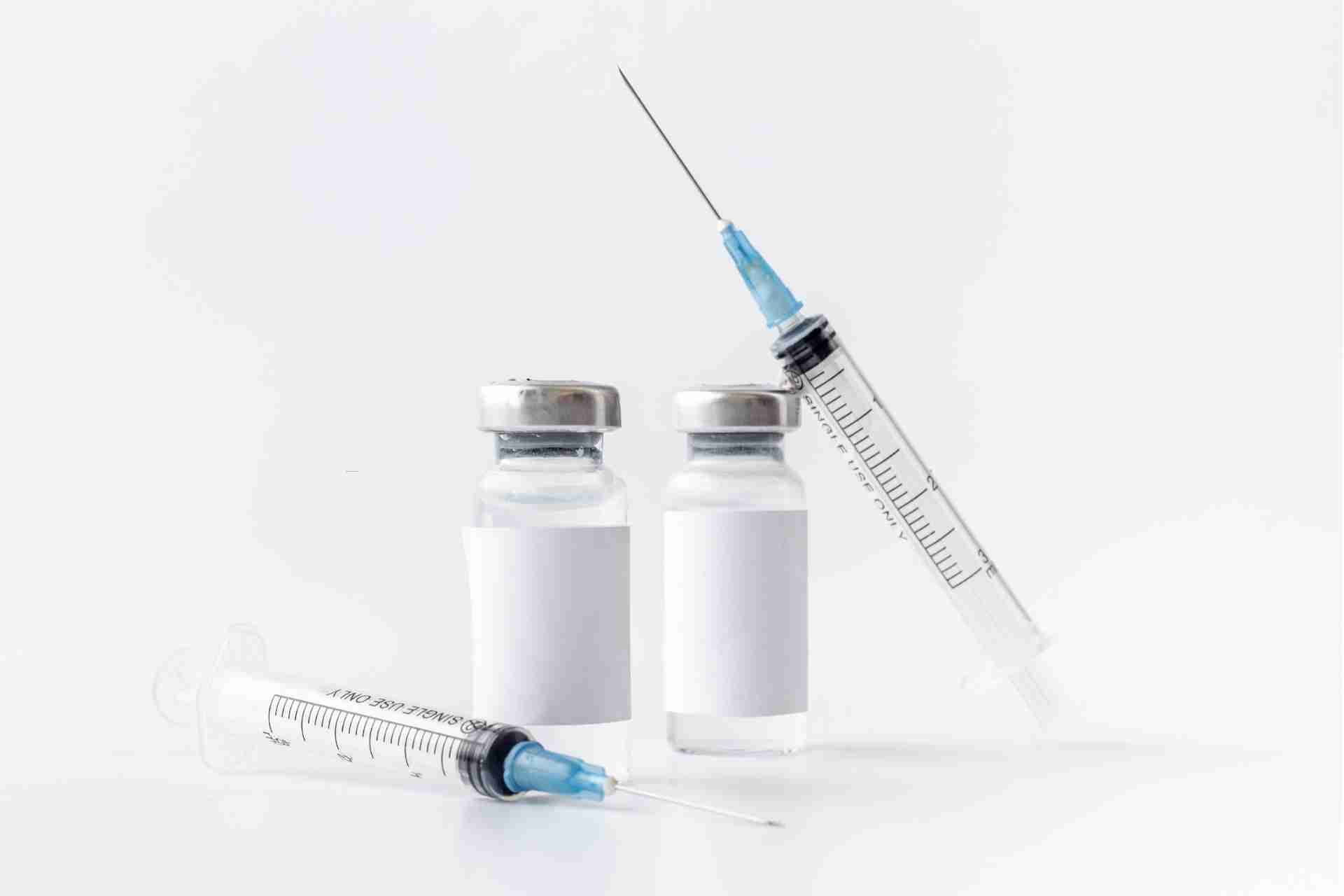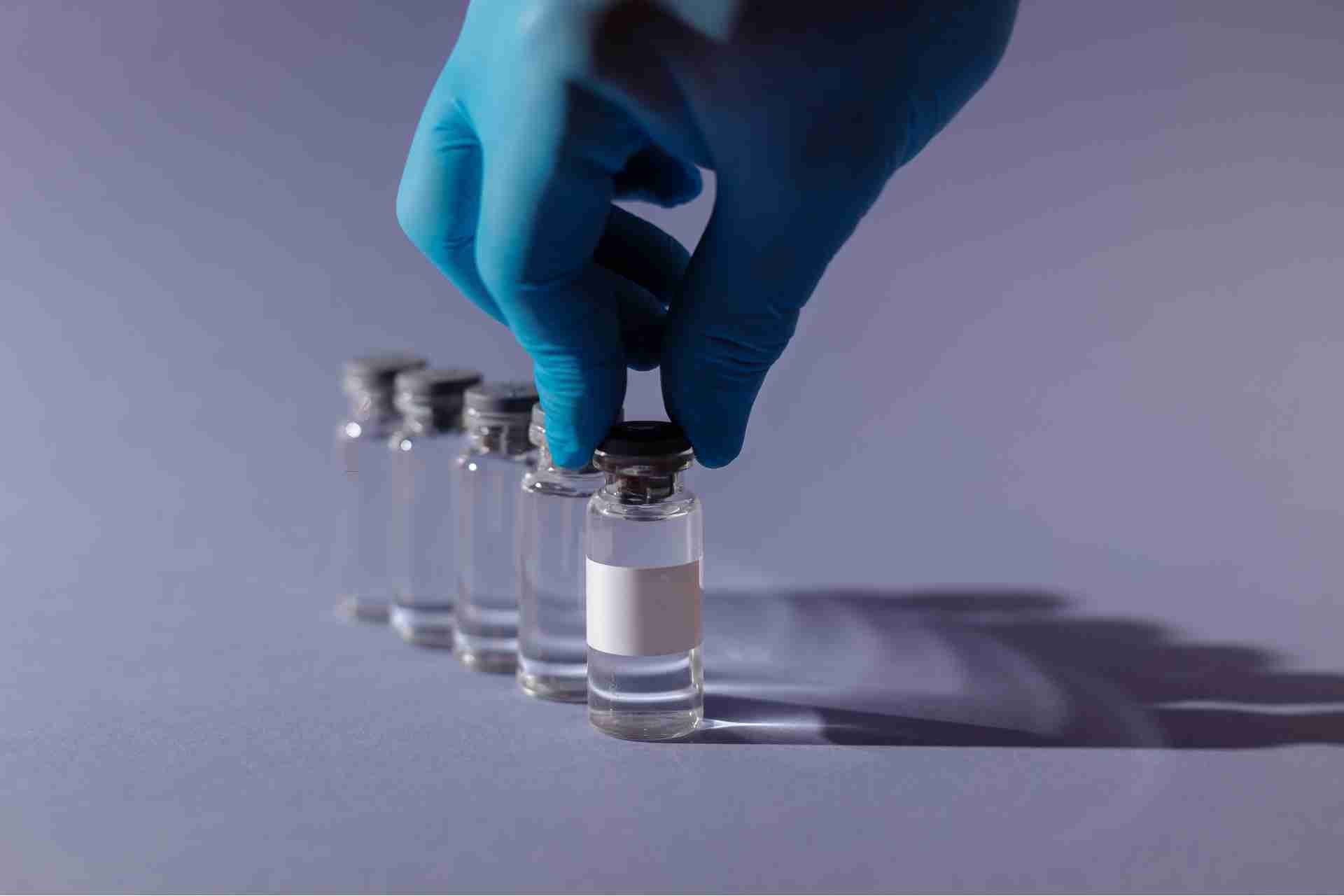Types of Substance Use Disorder
In a world where various substances are readily available and frequently consumed, the realm of substance use disorders (SUDs) presents a multifaceted challenge. These disorders not only impact individuals but also their families, communities, and society as a whole. From alcohol to opioids, stimulants to hallucinogens, the spectrum of substances that can trigger SUDs is wide and diverse.
Understanding these different types of SUDs is essential for raising awareness, promoting informed discussions, and ultimately, fostering a more compassionate approach to those who are affected.
Let us go through the realm of substance use disorders, shedding light on the distinctive challenges posed by each type and the avenues for support and recovery that can pave the way to a healthier future.
What is Substance Use Disorder?
Substance use disorder (SUD), also known as substance addiction or substance abuse, is a medical condition characterized by a pattern of harmful and compulsive use of one or more substances, such as alcohol, drugs, or medications. It's a complex and chronic brain disorder that affects a person's behavior, emotions, and overall well-being. SUD involves both physical and psychological dependence on the substance, leading to difficulties in controlling its use, despite the negative consequences.
Symptoms
- Loss of Control: People with SUD often find it challenging to control the amount and frequency of substance use, even if they have a strong desire to do so.
- Craving: Intense cravings for the substance are a common symptom of SUD. These cravings can be triggered by various cues, such as environmental factors or emotional states.
- Tolerance: Over time, individuals with SUD may develop tolerance to the substance, requiring larger amounts to achieve the desired effect.
- Withdrawal: When the substance is not used, withdrawal symptoms can occur. These symptoms can be physical, emotional, or psychological and can range from mild discomfort to severe distress.
- Neglect of Responsibilities: People with SUD may neglect their responsibilities at work, school, or home due to their preoccupation with obtaining and using the substance.
- Social and Interpersonal Problems: SUD often leads to strained relationships with family, friends, and colleagues, as well as isolation from non-using peers.
- Loss of Interest: Activities that were once enjoyable may lose their appeal as the individual becomes more focused on obtaining and using the substance.
- Continued Use Despite Consequences:
Even when faced with negative consequences, such as legal issues, health problems, or financial difficulties, individuals with SUD may persist in their substance use.
Different Types of Substance Use Disorder
Substance use disorder (SUD) can encompass a wide range of substances, each with its own set of effects, risks, and treatment considerations. Here are some of the common types of SUD based on the substances involved:
Alcohol Use Disorder (AUD)
This involves the excessive and problematic consumption of alcohol. People with AUD may struggle to control their drinking, experience withdrawal symptoms when not drinking, and continue to drink despite negative consequences.
Opioid Use Disorder
This refers to the misuse of opioids, including prescription painkillers like oxycodone and illicit drugs like heroin. Opioid use disorder is associated with a high risk of overdose and can lead to severe physical and psychological dependence.
Stimulant Use Disorder
Stimulants like cocaine and amphetamines can lead to a pattern of compulsive use, increased tolerance, and various negative consequences on health and well-being.
Cannabis Use Disorder
While cannabis is considered less addictive than some other substances, it's still possible to develop a problematic pattern of use characterized by impaired control, cravings, and negative impact on daily life.
Benzodiazepine Use Disorder
Benzodiazepines are commonly prescribed for anxiety and sleep disorders. Prolonged use can lead to dependence and withdrawal symptoms when trying to quit.
Hallucinogen Use Disorder
Although hallucinogens are not as commonly associated with dependence as other substances, misuse of drugs like LSD, psilocybin, and MDMA can still lead to problematic patterns of use.
Tobacco Use Disorder
Nicotine, found in tobacco products, can lead to addiction and a range of health issues, including various forms of cancer, heart disease, and respiratory problems.
Inhalant Use Disorder
Inhalants are volatile substances that produce mind-altering effects when inhaled. These substances, which include household items like glue and paint thinner, can be extremely harmful and addictive.
Designer Drug Use Disorder
Designer drugs are synthetic substances created to mimic the effects of illicit drugs. They can be unpredictable in terms of potency and effects, leading to potential dangers.
Polydrug Use Disorder
This refers to the use of multiple substances simultaneously or in succession.
Polydrug use can increase the risks and complexities associated with SUD.
Ketamine Therapy for Substance Use Disorder
The journey toward recovery from substance use disorder (SUD) is often a complex and arduous one, with individuals facing both physical and psychological challenges. Traditional treatment methods have proven effective, but as our understanding of mental health and neuroscience evolves, innovative approaches are emerging. One such approach that has gained attention is ketamine therapy, a novel treatment method that holds promise in addressing the intricate web of SUD.
Ketamine, initially developed as an anesthetic, has found renewed interest as a potential therapeutic tool for mental health conditions. Beyond its anesthetic properties, ketamine's impact on the brain's neurotransmitter systems, particularly its interaction with glutamate, has sparked curiosity about its potential benefits for individuals grappling with substance use disorders.










